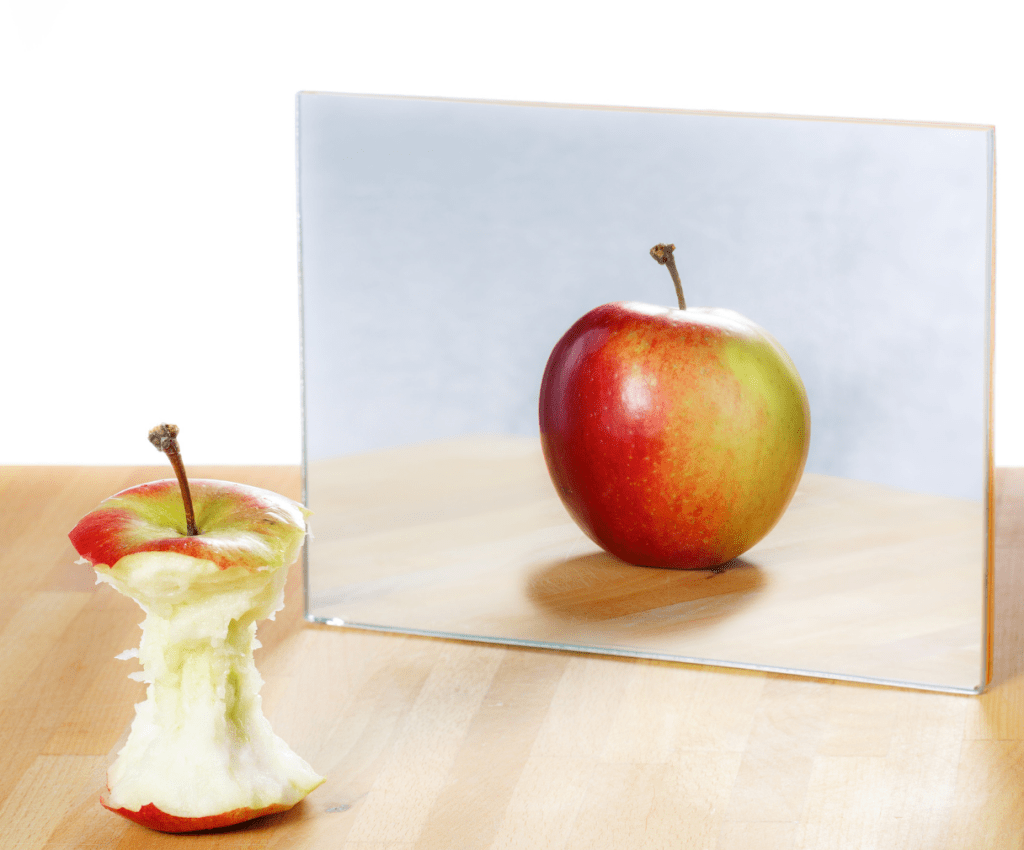Eating Disorders
BDD can often be confused with an eating disorder. However, the two conditions are different.

BDD and eating disorders certainly have some similarities and overlap, however they are different conditions with different symptoms, treatment pathways and required support.
Similarities:
- Both BDD and eating disorders involve an unhealthy preoccupation with one’s body or physical appearance.
- Both conditions can result in significant distress and impairment in daily functioning.
- People with BDD and eating disorders may experience shame, guilt, and low self-esteem related to their body image concerns.
- Both conditions are very serious and debilitating, but treatable.
Differences:
- BDD can be focused on any part of the body, but most commonly involves the face, skin, hair, or nose, whereas eating disorders focus on losing or controlling weight.
- While both BDD and eating disorders have serious physical and mental health consequences, the specific risks and complications differ. For example, eating disorders can lead to malnutrition, electrolyte imbalances, and organ damage, while BDD may lead to skin picking, self-surgery, or other self-injurious behaviours.
- BDD is primarily focused on perceived flaws or defects in one’s appearance, while eating disorders are more focused on control of weight and shape, self-denial and often perfectionism.
- BDD is often accompanied by compulsive behaviours related to appearance, such as excessive grooming or checking one’s appearance in mirrors or reflective surfaces, while eating disorders may involve restrictive eating, binge eating, purging, or other behaviours to control weight.
Some people have both BDD and an eating disorder. An additional diagnosis of an eating disorder and BDD can occur when an individual fulfills criteria for one of the eating disorders and is also preoccupied and distressed by perceived defects in their appearance, which is unrelated to their weight and shape (e.g. their nose).
Further information on eating disorders from B-EAT >
Take the test
Do I have BDD? Our test, developed by specialists and healthcare professionals, can help you understand whether someone might have Body Dysmorphic Disorder.
Do I have BDD? Take the test